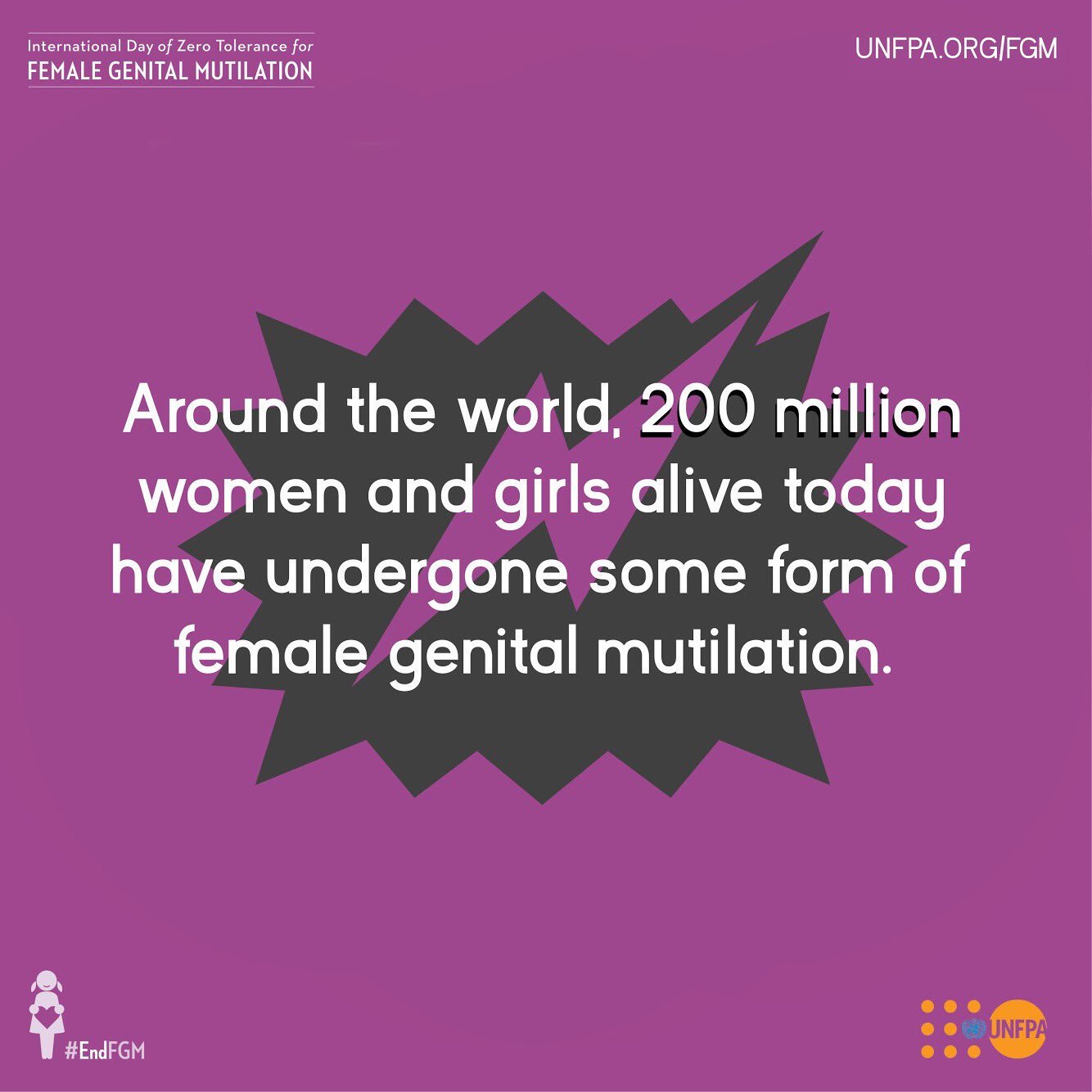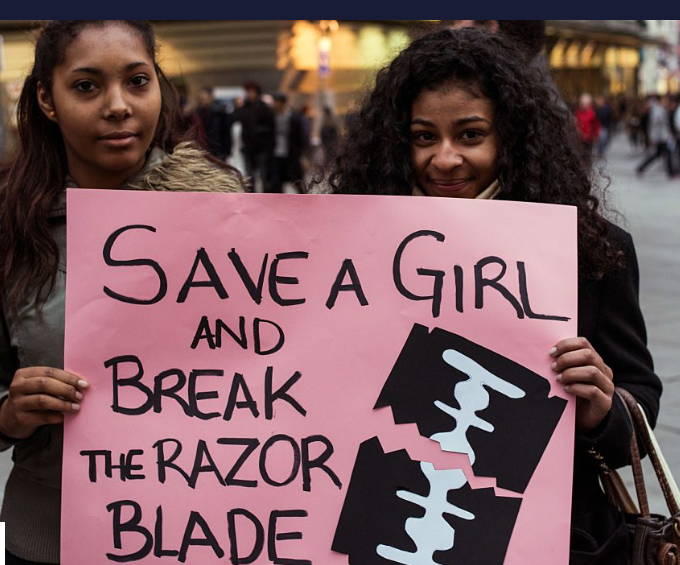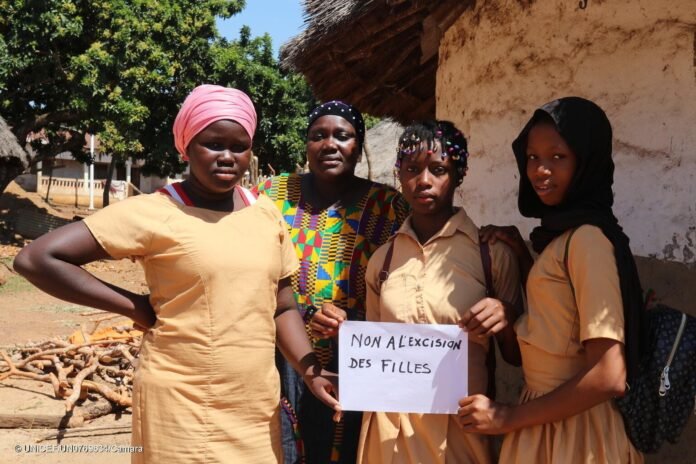A tragic incident in The Gambia has led to widespread anger after a baby girl died from female genital mutilation (FGM).
The one-month-old was taken to a hospital in Banjul, the capital, due to severe bleeding, but it was too late, and she was declared dead upon arrival, according to the police.
Authorities are performing an autopsy to confirm the cause of death, but many believe it resulted from FGM, a practice that is illegal in this West African country.
A prominent group, Women In Leadership and Liberation (WILL), stated, “Culture is no excuse, tradition is no shield, this is violence, pure and simple.”
Growing Outrage and Legal Consequences
Police have arrested two women believed to be involved in this heartbreaking incident. The local MP, Abdoulie Ceesay, calls for a stronger commitment to safeguarding children from harmful traditions.
“The loss of this innocent child must not be forgotten. Let it mark a turning-point and a moment for our nation to renew its unwavering commitment to protecting every child’s right to life, safety, and dignity,” he said.

In The Gambia, FGM involves cutting or removing parts of a female’s external genitalia and is often justified by cultural and social reasons. People think it helps with social acceptance, religious beliefs, hygiene misconceptions, or to ensure a girl is “marriageable.”
Alarmingly, about 73% of women and girls aged 15 to 49 have undergone FGM in The Gambia, many before they turn six.
Increased FGM on Infants and Legal Challenges
Fatou Baldeh, founder of WILL, highlighted a worrying rise in FGM performed on infants. She mentioned parents choose to do it on babies, believing they heal faster and it’s easier to hide due to legal restrictions.
Parents feel that if they cut their girls when they’re babies, they heal quicker…because of the law… it’s much easier to disguise,” she explained.

Though illegal since 2015 with severe penalties, enforcement has been minimal with only two prosecutions and one conviction so far. Some push for FGM’s decriminalization, but recent attempts to overturn the ban failed in parliament.
Despite FGM’s ban in over 70 countries worldwide, it continues in several, especially within Africa’s Muslim-majority regions like The Gambia.
Rate, Like 👍, Comment💬, share this article, Follow us on our social media handles, and Submit your own story to get featured and earn rewards!






